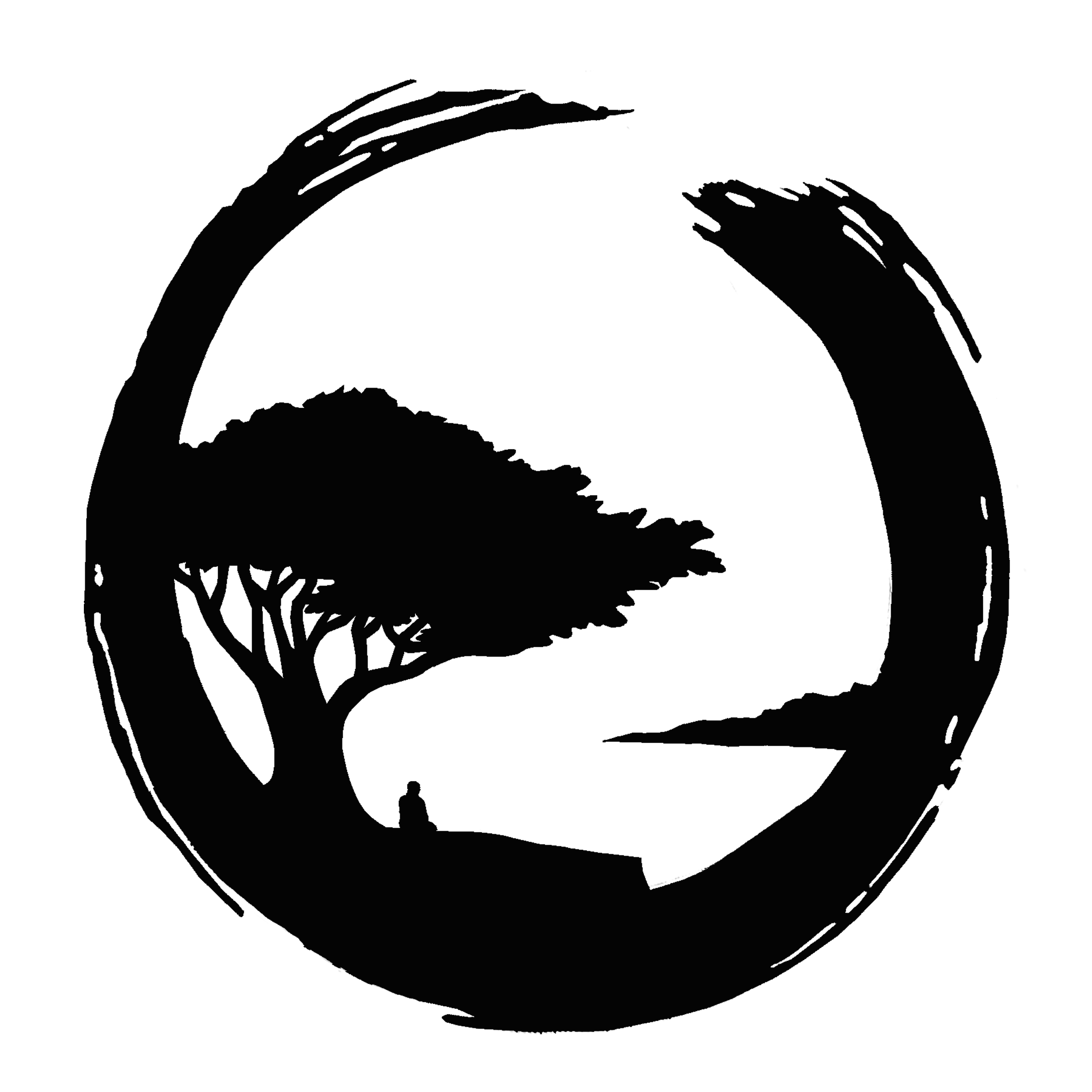Pandemic: The Merging of Difference and Unity
by ROBERT REESE
Day Forty-one Shelter-in-place
Typically crowded with cars even at 11 a.m., Carmel has a midnight-quiet feeling at all times of the day now. There are few people on the streets and a profusion of parking spaces. Some residents wear masks and bath robes to the post office. The skies are clear and raccoons and deer have been seen wandering with impunity on Dolores street mid-day. There is a glorious strangeness to the town. The sky looked new with a tincture I had not seen before.
Parts of Carmel and Pebble Beach are socially-distanced even in the best of times. An affable woman I know, distinguished for her jolly elan and whose family lived in town for the past sixty years, told me that she greeted two new neighbor kids once and they responded, “We’re not supposed to talk to anyone in the neighborhood.”
It’s easy here to go days without seeing many people at all on the streets. There are essentially no tourists. One of my neighbors, who grew-up in Carmel and is nearing ninety-seven, said this is what Carmel was like during World War II. Wide-birth is given on sidewalks and some even go so far as to cut diagonally across streets as other pedestrians approach from the opposite direction. Everyone seems relieved, reassured somehow, when we encounter one another with twenty feet between, our dogs straining at their leashes, trying to pull us together.
At home, I go through the often-repeated ritual of wondering whether to clean down the packages and disinfected containers with a wipe. The usual tempos of cleaning and cooking are disturbed by second-guessing: If I just washed my hands, but then touched the towel, should I wash them again and throw-out the towel before opening the refrigerator? Or just start cleaning everything again, because I’m sure something was touched. Our bodies, I realize, are relearning practices. Easy tasks, previously taken for granted, now take close consideration. I’ve lost my bearings working in a kitchen I’ve known for twenty years.
And yet, it’s riveting to observe the world veering from a consumerist to a monastic existence. At night, indoors, I gaze across at our neighbors from afar. Everyone is home, every window lit up, side by side, each of us emitting an anxious light in isolation.
On one level, Dogen’s Tenzo Kyokun is the equivalent of an instruction book and Zen monk’s guide to the kitchen. But it also relates to everything in our life. That means you have to appreciate and learn from all your activities and draw on your own creativity to deepen your understanding with regard to everything you encounter and in all situations and circumstances you might meet.
But on another level, the Tenzo Kyokun is a primer for the ultimate meal – our own life—which, for Dogen, is both the utmost gift we can receive and the greatest offering we can make. The text defines how to discover a deeply refined religious life through everyday activities. Or, how to give life to our life. When we live fully is how we create the ultimate meal of our life.
“Both day and night, allow all things to come into and reside within your heart. Allow your mind (self) and all things to function together as a whole.”
The word “koan” for Dogen refers to both the equality of all things (ko) and the uniqueness or particularity of each being (an); so we are always at the intersection equality (universality, unity, emptiness, oneness) and inequality (form, difference, individuality). Reality, for Dogen, includes both sides. Okumura Roshi illuminates this point with the hand metaphor. And hand is one aspect of the body, yet it includes four fingers and a thumb. From one side everything is different; from the other side everything is the same. The Mahayana perspective is to see both sides. Dogen, however, said that to see one reality from these two sides is not enough. We need to also express it in one action. The cook’s activity, then, is personal action enacted individually and within the community. The tenzo’s practice is of both the whole community and the cook.
Okumura Roshi writes in Realizing Genjokoan, “Just as the cook must actualize both individual practice and community practice, all of us must aim to manifest with our bodies and minds a personal practice that is at the same time a practice for the community.”
Each encounter we have now is the front-lines of the pandemic. Our feet are planted in both worlds: personal and public, unity and difference.
